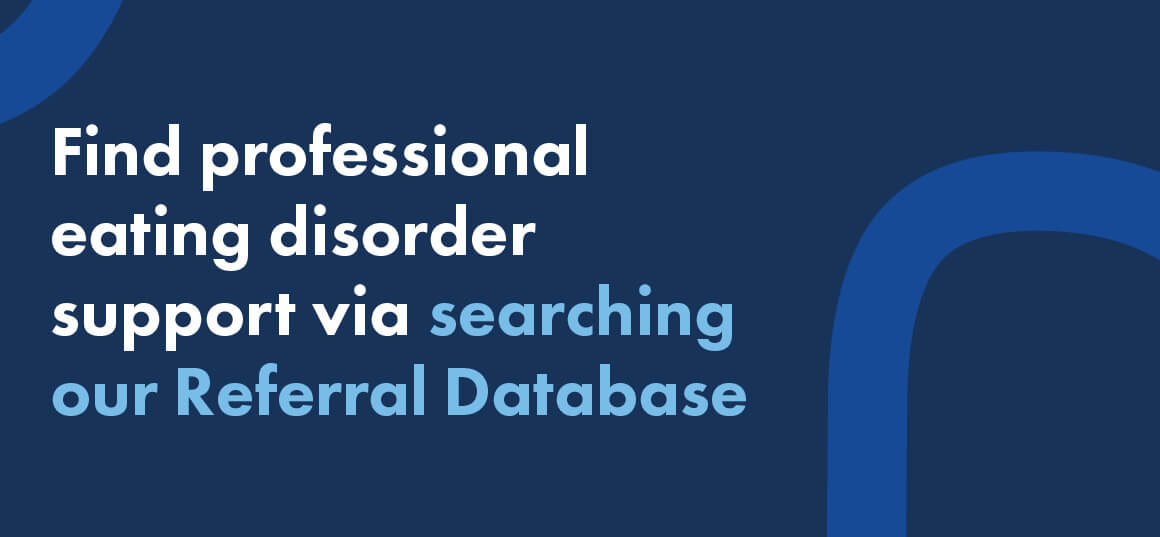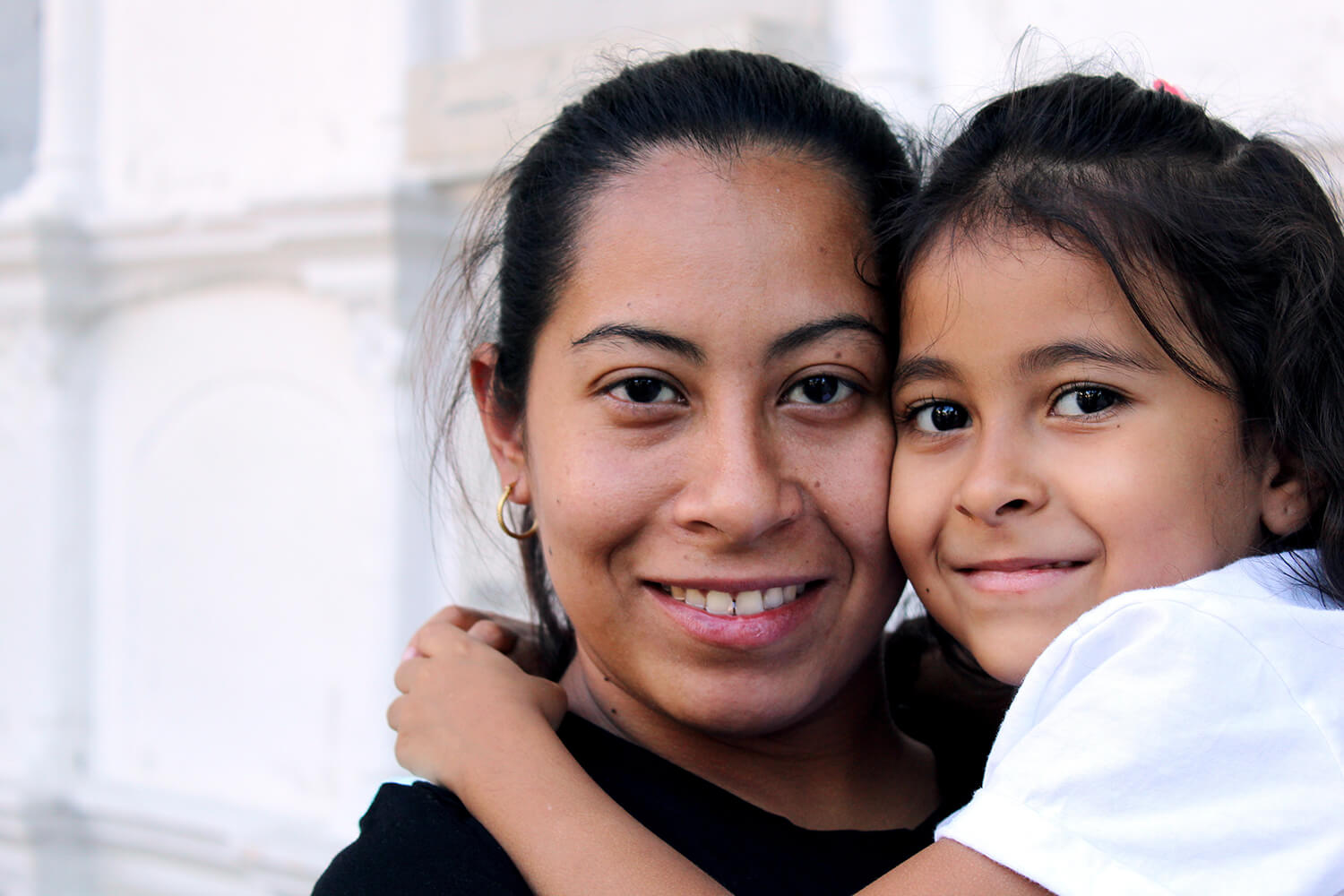International No Diet Day: The link between eating disorders and diets
Early career researcher Melissa Pehlivan shares how her lived experience of an eating disorder was impacted by dieting.
Research has linked diets as a strong risk factor for eating disorder development (Patton et al., 1999), with dieters having an increased risk of developing disordered eating (e.g., binge eating, purging) (Haines et al., 2010; Neumark-Sztainer et al., 2006) and eating disorders (Neumark-Sztainer et al., 2006; Patton et al., 1999). But not everyone who starts a diet goes on to develop a full blown eating disorder (Fairburn et al., 2005).
Eating disorders are not singerly determined, with a multitude of risk factors, both genetic and environmental coming into play to determine whether someone will develop an eating disorder (Barakat et al., 2023).
So just because something starts a diet, doesn’t necessarily mean they will develop an eating disorder, but if they have other risk factors present, they may coalesce to create the perfect storm.
What are diets?
Diets consist of specific rules around what can and cannot be eaten, along with associated behaviours (e.g., exercise, diet pills). They can be quite restrictive, cutting out entire food groups sometimes. So it’s not surprising many people struggle to stick to their diet. In fact, most weight-loss diets are unsuccessful (Weiss et al., 2007).
The rigid rules of various diets go against the grain of our biological drive to eat palatable foods, whenever we can get our hands on them.
Surprisingly, dieting is actually linked with weight gain over time – not weight loss (Pietiläinen et al., 2012). This may be due to its’ link with episodes of binge eating (Haines et al., 2010; Neumark-Sztainer et al., 2006), with some feeling a loss of control as they become increasingly preoccupied with the very foods they are aiming to restrict.
This has actually been shown to be a common developmental pathway for bulimia nervosa (Stice & Van Ryzin, 2019), a serious mental illness characterized by episodes of binge eating and compensatory behaviours. For some, the diet kickstarts a vicious cycle of over-eating, , followed by attempts to ‘rectify’ these episodes.
For me, it was a bit different.
Approximately 1% of the population have anorexia nervosa (Udo & Grilo, 2018), a psychiatric illness marked by severe dietary restriction leading to a low body weight.
Anorexia nervosa has been found to have the highest mortality rate of all psychiatric illnesses (Arcelus et al., 2011), with a high relapse rate (Grilo et al., 2012). It is highly genetically driven (Yilmaz et al., 2015), with a number of personality traits linked with the illness, including perfectionism (Dahlenburg et al., 2019) and obsessive-compulsive personality (Strober et al., 2007) .
It’s also important to mention that despite common misconceptions, Anorexia Nervosa is not the most common eating disorder – of people with eating disorders, only 3% will have Anorexia Nervosa. Binge Eating Disorder is the most common (47%), followed by other eating disorders (38%).
“Other” eating disorders includes Atypical Anorexia, which shares the same symptoms and behaviours of anorexia nervosa, just minus the low weight criteria. Both forms of anorexia are just as serious as each other – and in fact, individuals with atypical anorexia may experience more severe distress related to eating and body image (Sawyer et al., 2016).
Identifying as a Type A perfectionist, I can see how my restrictive eating quickly progressed into something more sinister.
My obsessive-compulsive personality embraced the rigid and arbitrary rules of dieting. My perfectionism took over and in competition with myself I pushed the boundaries further and further, becoming increasingly restrictive.
Did I mention I was 12 years old? Twelve years old when I was hospitalised with anorexia nervosa, that is. In three short months, I became increasingly unwell, preoccupied with food and exercise. If it wasn’t for my close knit circle of concerned parents, teachers, family and friends, I might not of got the help I needed for a lot longer.
With the help of a supportive family and treatment team, I was able to make full recovery four years later. Yes, recovery is possible. Flashforward a decade or so, and I am embarking on a PhD examining the link between dieting and eating disorders in a little bit more detail.
There are so many things I know now that 12 year old me needed to know:
- You are enough. You don’t have to prove yourself to anyone. You are worthy of love, just as you are.
- One day, you will find someone who accepts you completely. And when you do, it is magic.
- Body types come in and out of fashion. There is no one “ideal” body type. All bodies are beautiful and they will have their moment in sun, just you wait.
- What matters is what you think of your body, not anyone else.
- You don’t need to worry about how your body looks. Your body is your vessel. Take care of it.
- Food will become enjoyable again. You will get to taste so many different foods in life and explore many different flavour combinations that you will come to love.
- It’s okay to treat to yourself to the foods you enjoy. Food is meant to be enjoyed. You deserve it.
- There are no good and bad foods. Food is neutral – it does not hold morality. Foods are used to fuel your body so you can live your life and you need foods which are high in energy to allow you to do all the activities you want to do.
Looking back now, I can see that seeds of my eating disorder were planted very early on – way before I started to diet. From a young age, I thought that I needed to be smaller to be worthy and loved; that my worth rested on my appearance.
I truly believed happiness came from being the stereotypical blonde, popular, slim girl, present in every 2000s movie or TV show. Growing up in the early 2000s really was a different era, with many shows (e.g., The Biggest Loser, America’s Next Top Model) and triggering messages being portrayed on everyday television that just wouldn’t see it to air today.
Although, I am not sure if it is much better for the today’s generation, with aggressive social media algorithms creating the potential for an echo chamber of dangerous content. Social media today is pervasive and it’s becoming increasingly harder to determine what is an advert from actual, genuine content.
It also concerns me that we are seeing a return to many of the trends of the early 2000s that were around in my formative years. Even the clothing styles (e.g., midriffs, low-rise jeans) are much more exposing and less forgiving than what has recently been in fashion (e.g., high-waist, tank tops). Celebrities known for their curves are slimming down and using dangerous crash diets to do so.
Ultimately, young people need to be taught, at younger age than ever before, to reject the powerful messages and marketing that they are being bombarded by at every turn. To challenge beauty ideals and diet culture, because for those with a particular genetic make-up, this can be the beginning of a downward spiral into chaos.
Melissa is a lived experience, early career researcher in the field of eating disorders with special interests in early indicators of eating disorder risk, prevention and early intervention.
Further reading
- International No Diet Day: HAES Dietitian Fiona Willer’s Thoughts
- Diet culture 101: what is it, and what can we do about it?
Get support
If you’re experiencing an eating disorder, disordered eating, body image concern, or are worried about someone you care about, reach out for support as soon as you think something might be wrong. Early intervention can have a marked difference on an eating disorder’s severity and duration. Eating disorders do not discriminate; no matter your appearance, body size, gender, sexuality, ethnicity or economic status, you are worthy of recovery and support.
Butterfly’s National Helpline
Connect with Butterfly’s compassionate and expert counsellors by calling 1800 ED HOPE (1800 33 4673), chat online or email support@butterfly.org.au Confidential and free support is available 7 days a week, 8am-midnight (AEDT).




















